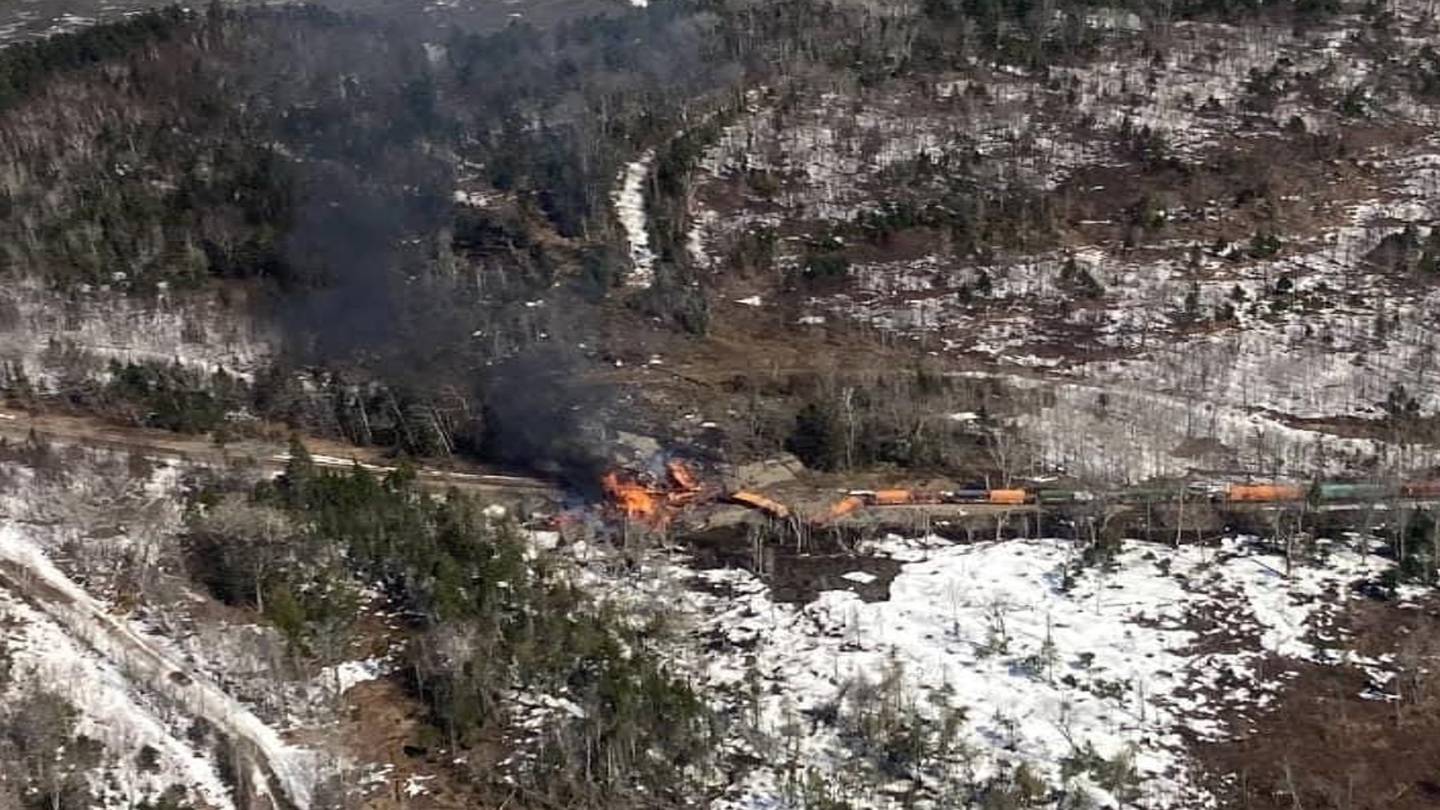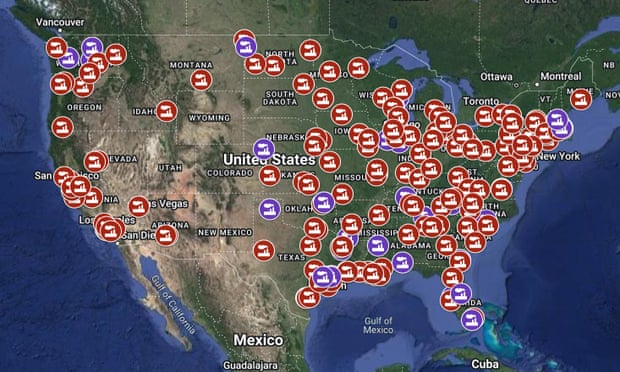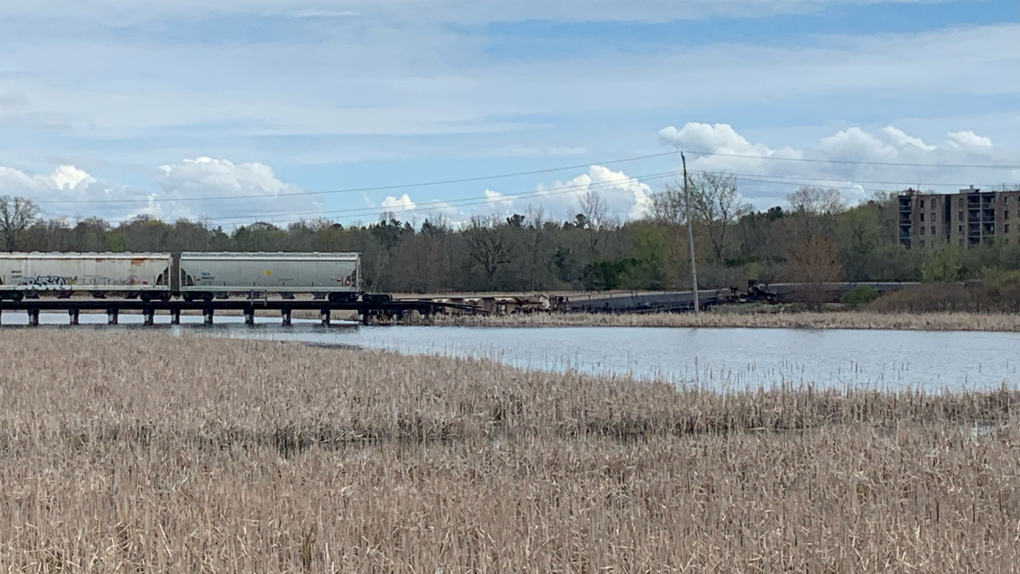Arlanda express has been derailed
Published May 27, 2023 at 05.28, updated at 13.07 • Text Malin Hansson, Denise Berg
The Arlanda Express has derailed north of Stockholm. Two people have been taken by ambulance to hospital and the train has been evacuated. All weekend train departures with the Arlanda Express have been canceled, commuter trains are stopped in some areas and delays can be expected in SJ traffic. A few hundred meters of rail may have been destroyed and it is unclear when the damage can be repaired.
The alarm about the derailment came at 04.40 on Saturday [27th May 2023] morning. The train was heading north and was at the height of Arlandastad near Märsta, when the rear of the train derailed. Emergency services, ambulance and police were alerted to the scene.
- "The train has derailed when it was in motion, but is standing up," says Håkan Eriksson, management operator at Storstockholms räddningscentral.
67 people were on board and were evacuated using buses. By 06:00, everyone had been evacuated.
- Two people have been taken by ambulance to hospital, says Agneta Gustafsson at SOS Alarm. According to TT, which refers to the police, no one was seriously injured.
"May jump on a taxi"
[Newspaper / Boulevard paper] Aftonbladet has spoken with people who sat on the derailed train. - We were on our way to Arlanda when it happened. Suddenly we felt how the train began to vibrate and it began to slow down. After about a minute it stopped and we saw smoke," says a man sitting on the train.
The derailment affects a large part of the train traffic. All Arlanda Express departures are canceled due to the accident.
Kevin Blackwell is one of the travelers who had intended to take the Arlanda Express to the airport, who now has to think again.
- "Yes, I came here early this morning to take the train that has now derailed. So it looks like I'll have to jump on a taxi to the airport. I'm out in good enough time so as far as I'm concerned there's no great danger - as long as I can get a taxi," he says to Expressen.
CEO: Focus on how it could happen
TT writes that one of the train wagons derailed completely, and two other wagons derailed with one wheel suspension on each wagon. The train did not overturn but stood upright after the derailment.
Arlanda Express CEO Magnus Zetterberg tells Aftonbladet that all weekend departures with Arlanda Express are canceled, and that a time forecast for when the error is fixed will come on Sunday at the earliest.
The passengers who were on the train have been taken to Arlanda Airport.
The accident commission will now investigate the site. The Swedish Transport Administration cannot assess the site until the Accident Investigation Board has finished at the site. There is therefore no forecast for when train traffic can be up and running again. But you have to expect that it will take time.
- "Based on the information we received from Arlanda Express, there are a couple of hundred meters of track system that is very damaged. It is not something that will be completed today, but it will take days," says the Swedish Transport Administration's press officer Bengt Olsson.
Problems in train traffic
Stockholm commuter trains are stopped between Sollentuna and Uppsala.
For long-distance trains, there is also a stop for train traffic past Arlanda C, which affects trains between Stockholm Central and Uppsala, Gävle and Sundsvall.
Many of the trains will be rerouted via Märsta.
- SJ trains will go via Märsta instead of Arlanda. So there may be some delays as there are more trains going that way. So far we haven't had to cancel any departures, but there may be some delays. And the Swedish Transport Administration can ask us to cancel departures during the day if there are too many trains on the track," says Ronny Hörstrand at SJ's press office.
Expect longer travel time than normal, according to the Swedish Transport Administration.
- All traffic going into Arlanda is affected. There are a number of commuter trains and long-distance trains that go via Arlanda. They will not run into Arlanda. But the trains that go straight north towards Uppsala or Dalarna, for example, will run as usual," says the Swedish Transport Administration's press officer Bengt Olsson.

 www.wsbtv.com
www.wsbtv.com







